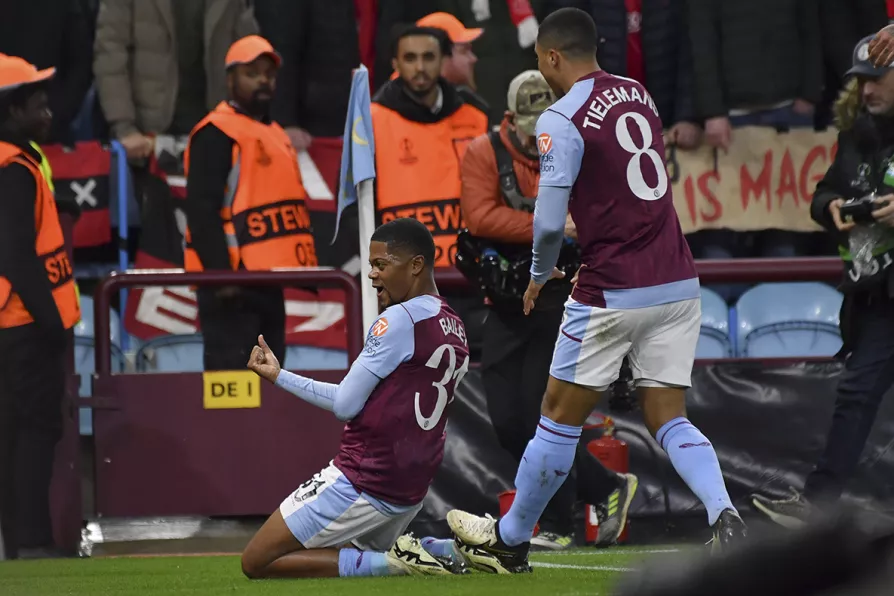Bailey reveals Jamaica's problems and takes a break from the national team
The Villa forward has decided to step away from Jamaica, blasting the team as ‘unprofessional.’ JAMES NALTON reports

 Aston Villa's Leon Bailey (left) celebrates after scoring his sides second goal during the Europa Conference League round of 16 second leg match between Aston Villa and Ajax at Villa Park in Birmingham, England, March 14, 2024
Aston Villa's Leon Bailey (left) celebrates after scoring his sides second goal during the Europa Conference League round of 16 second leg match between Aston Villa and Ajax at Villa Park in Birmingham, England, March 14, 2024
JAMAICA and Aston Villa forward Leon Bailey is arguably the best player in the Concacaf region of international football, but as the Jamaica men’s team approached their Nations League semi-final with the United States on Thursday night, Bailey and several other stars were missing.
According to Jamaica coach Heimir Hallgrimsson, Bailey was dropped due to missing a curfew while with the squad during the previous international window in November.
But the Villa winger has since revealed that he has decided to step away from the national team.
Similar stories

Morning Star international editor ROGER McKENZIE reminisces on how he became an Aston Villa fan, and writes about the evolution of the historic club over the years












